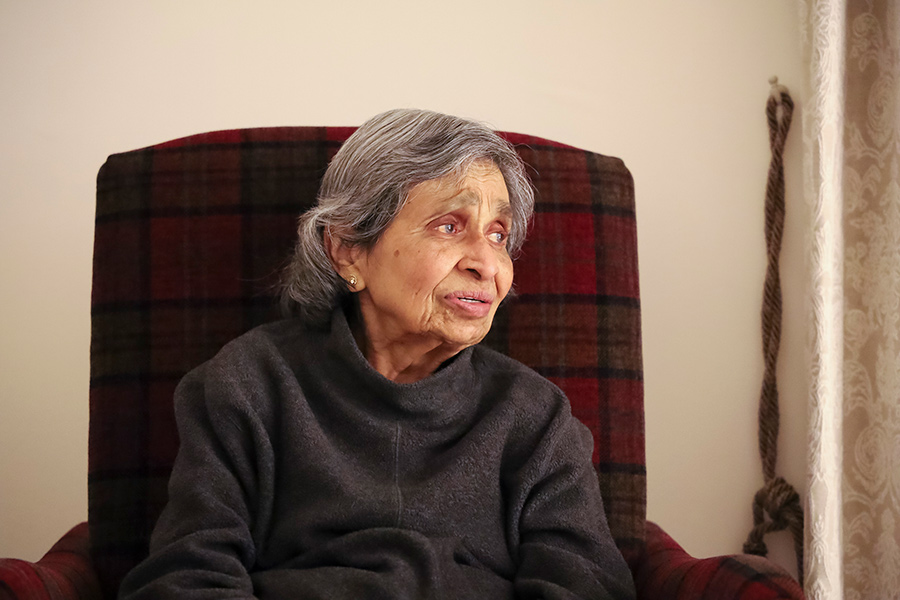CARE ACT ADVOCACY
Who might need this:
People who are finding it difficult to go through a social care process (e.g. assessment, review, safeguarding, carers assessment). People who don’t have anyone who can help them be involved.
It’s a statutory service. This means that under the Care Act, local authorities must involve people in decisions about their care and support needs. They must also make referrals to the service if someone needs an advocate.
If people can’t tell their advocate what they want, it’s not a problem. Our advocates will find different ways of working to help establish people’s views and wishes as far as possible so that their rights can be upheld. We call this ‘non-instructed’ advocacy.
How independent mental health capacity advocates can help:
- Talking to people about the social care process, how it works and what they want from it.
- Assisting people to understand their rights and how to exercise them
- Supporting people be involved in what is happening
- Helping individuals to voice their views, wishes and feelings about their care and support needs.
- Assisting people to access their care and support records, or access them on their behalf.
Who can make a referral for a Care Act Advocate?
- a social worker or someone from the Local Authority (with the person’s consent wherever possible)
- In East Riding, the person can refer themselves.
Want to know more?
Not the right type of advocacy for you? Try these;
> Independent Mental Health Advocacy (IMHA)
> Independent Mental Capacity Advocacy (IMCA)
> DoLS IMCA
> Relevant Persons Representative (RPR)
> Independent Health Complaints Advocacy (IHCA)
> Community/Non-statutory Advocacy
Please contact us on 01709 794294 if you would like more information
about our service or would like to make a referral.



